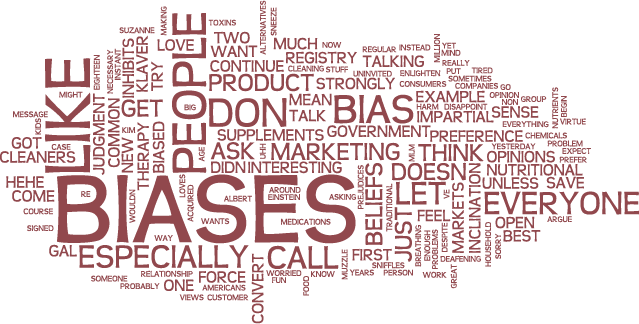
Contact
- tgill@wlu.ca
- 519-884-0710 ext. 4042
- Fax: 519-884-0201
- Office location: LH4014
- Office Hours: By Appointment
From Evolution to AI: How it Impacts Consumers?

Research Highlights
Tripat Gill investigates the effect of evolutionary, technological, and social factors on consumer behavior. His research finds that our evolved psychological mechanisms continue to affect consumer preferences. But the modern environment is constantly changing with rapid advances in technology and social transformations. Tripat’s research examines how consumers adapt to these changes, and how consumers are impacted by them. Specifically, what factors enable the adoption of technological innovations; how prevailing stereotypes and biases affect product / service perception; how do brands aid consumers decisions; and what is the social and ethical impact of radical technologies such as self-driving cars and artificial intelligence (AI).
Learn more about Tripat’s research themes below:
Recent Research
“Situational factors shape moral judgements in the trolley dilemma in Eastern, Southern and Western countries in a culturally diverse sample,” – Bago, B., Kovacs, M., Protzko, J. Gill, t. et al. (2022), Nature Human Behavior, Vol. 6, 880-895 (link)
“Adding more portion-size options to a menu: A means to nudge consumers to choose larger portions of healthy food items,” – Gill, T., J. Lei, H. J. Kim (2022), Appetite, Vol. 169, 2022, 105830 (link)
“Ethical dilemmas are really important to potential adopters of autonomous vehicles” – Gill, T. (2021), Ethics and Information Technology. (link)
“How accessories add value to a platform: the role of innovativeness and nonalignability” – Gill, T., Ma, Z., Zhao, P. and Chen, Y.(. (2021), European Journal of Marketing, Vol. 55 (4) (link)
Blame it on the Self-Driving Car. How Autonomous Vehicles can Alter Consumer Morality – Gill, T. (2020) Journal of Consumer Research, Volume 47, Issue 2, August 2020, Pages 272–291 (link)



